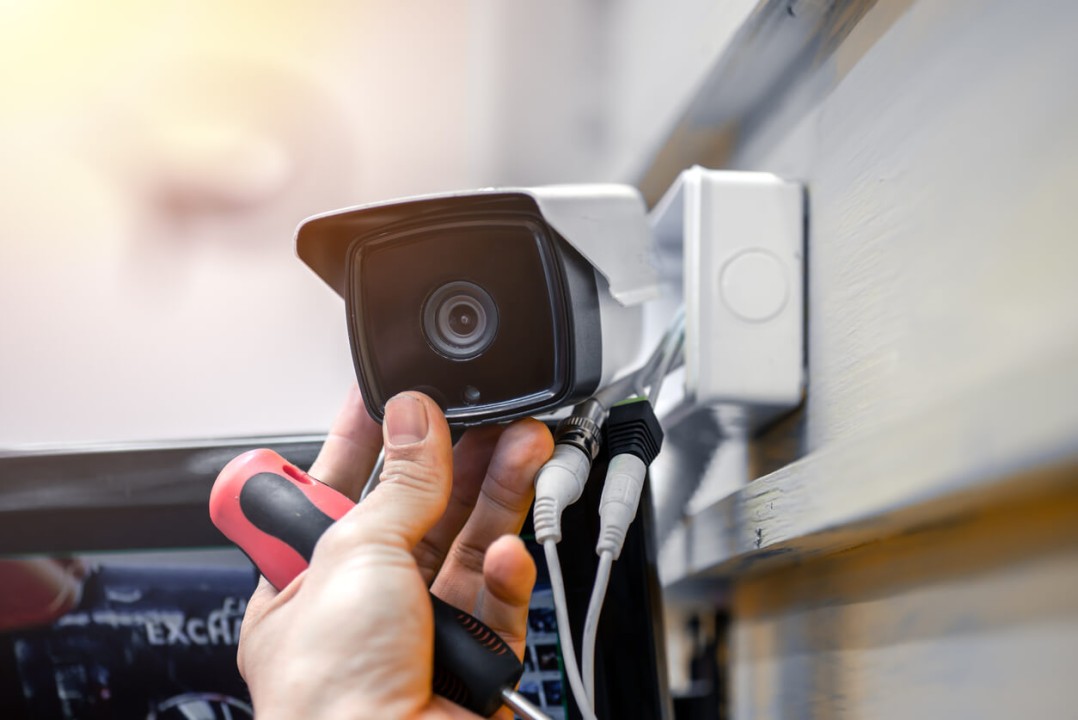In an increasingly security-conscious world, Closed-Circuit Television (CCTV) systems have emerged as a vital tool for safeguarding our homes, businesses, and public spaces. This blog post explores the world of CCTV systems, their applications, and how they are transforming the way we monitor and protect our environments.
Understanding CCTV Systems
CCTV, short for Closed-Circuit Television, refers to a surveillance system that uses cameras to transmit video and sometimes audio to a specific set of monitors or recording devices. Unlike traditional broadcast television, CCTV operates on a closed circuit, meaning the video feed is not openly transmitted and can only be accessed by authorized users.
The Evolution of CCTV
CCTV technology has come a long way since its inception. In its early days, CCTV systems relied on analog cameras, limited resolution, and VHS tapes for recording. Today, modern CCTV systems leverage digital technology, offering high-definition video, remote monitoring capabilities, and advanced features like motion detection and facial recognition.
Applications of CCTV Systems
CCTV systems are versatile and find applications across various domains:
1. Home Security: Many homeowners use CCTV to monitor their property, deter potential intruders, and keep an eye on family and pets. Modern smart home security systems integrate CCTV for remote monitoring and alerts.
2. Business Security: Businesses use CCTV to protect their assets, monitor employee activities, and ensure customer safety. CCTV can help prevent theft, fraud, and vandalism.
3. Public Safety: CCTV cameras are deployed in public spaces, transportation hubs, and government buildings to enhance security, monitor traffic, and investigate incidents.
4. Retail and Loss Prevention: Retailers use CCTV to deter shoplifting, monitor point-of-sale transactions, and analyze customer behavior for marketing purposes.
5. Industrial and Manufacturing: CCTV is crucial for monitoring industrial processes, ensuring workplace safety, and enhancing quality control.
6. Traffic Management: CCTV cameras at traffic intersections help manage traffic flow, enforce traffic laws, and enhance road safety.
7. Healthcare: Hospitals use CCTV for patient monitoring, security, and access control in restricted areas.
Benefits of CCTV Systems
The advantages of CCTV systems are manifold:
1. Deterrence: Visible cameras act as a strong deterrent to potential criminals.
2. Evidence Collection: Recorded footage can serve as valuable evidence in criminal investigations or legal proceedings.
3. Remote Monitoring: Modern systems enable remote access, allowing users to view footage from anywhere with an internet connection.
4. Safety and Peace of Mind: CCTV provides a sense of security for individuals, businesses, and communities.


